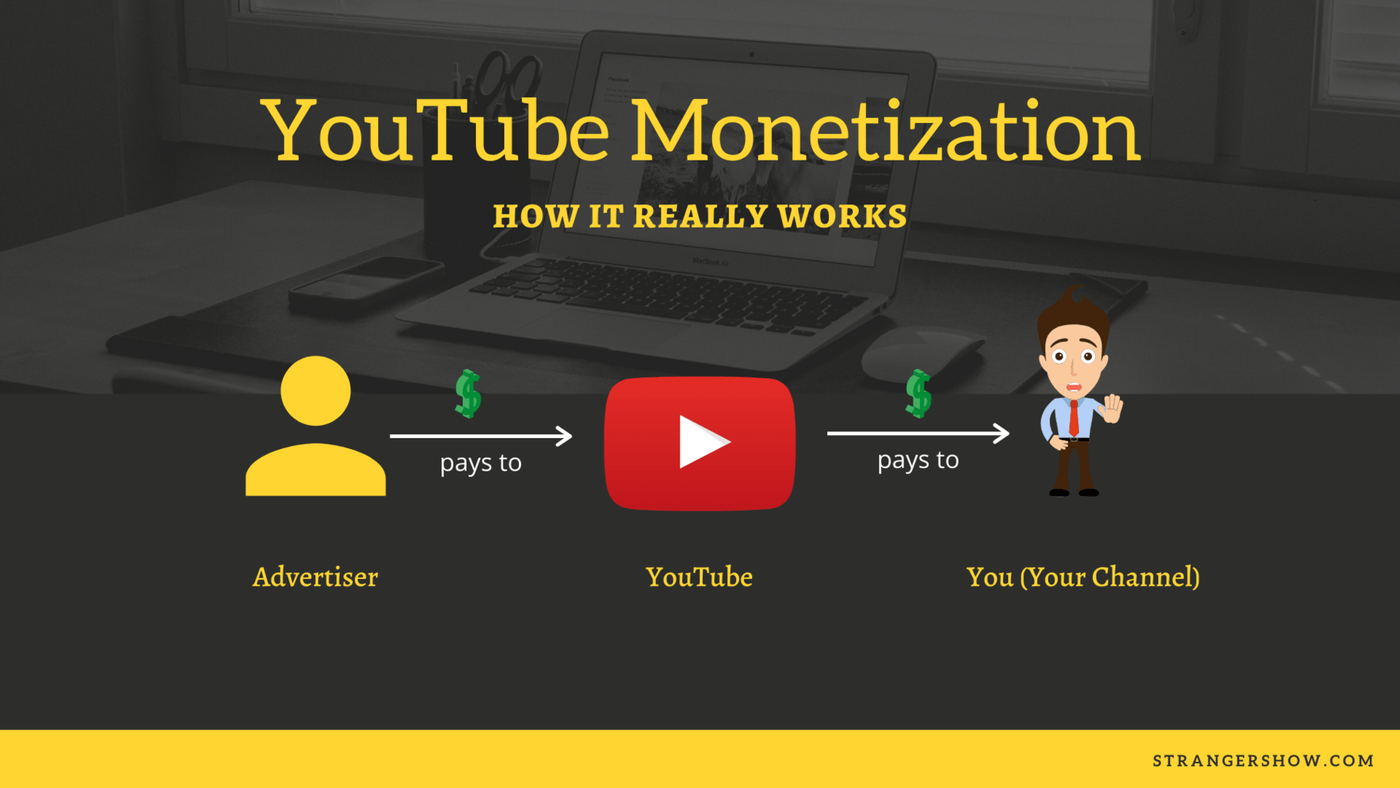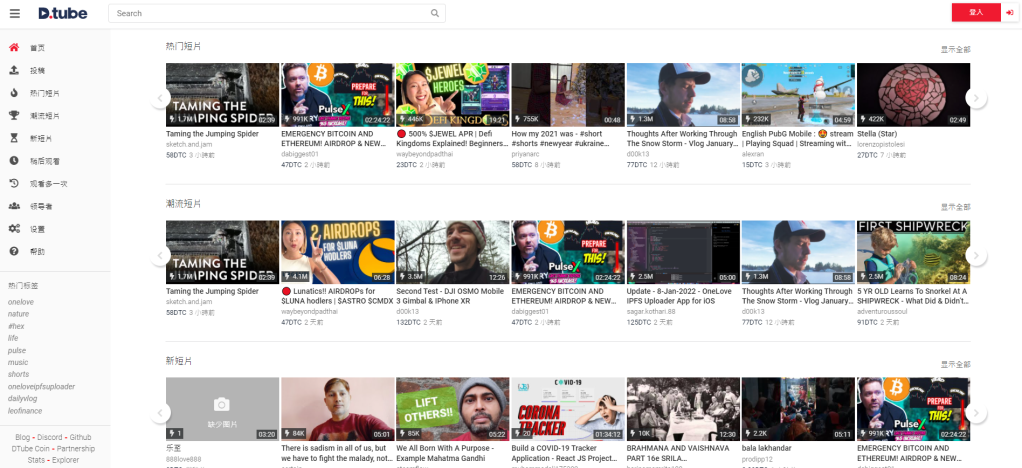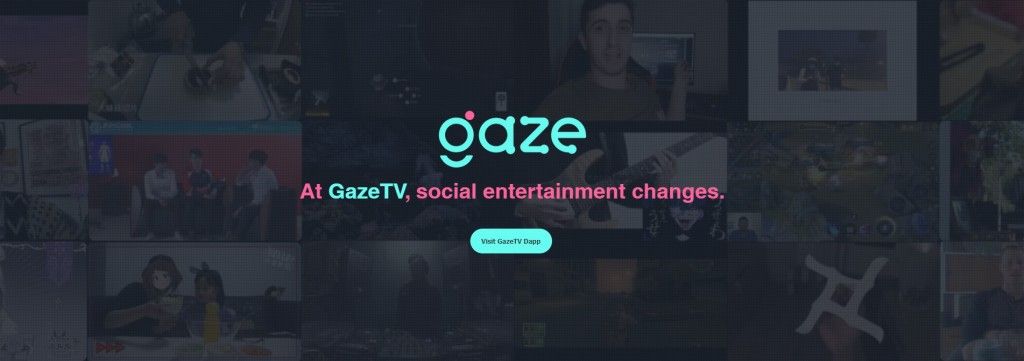Why do you want to leave YouTube? What should YouTubers do? New way out?
Creators don’t need to be YouTube. Nevertheless, the declaration of leaving YouTube has been heard in recent years, and algorithms, advertisements, and user policies have become the driving force.
YouTubers have been grumbling for a long time. Although YouTube has made tens of thousands of creators, the elusive algorithms, yellow monetize, content censorship, and new advertising policies unfavorable to small and medium YouTubers have made YouTubers who rely on audiences for food uneasy, even thought of “leaving YouTube."

With YouTube’s popularity right now, it’s hard to imagine a day when it will decline. But think about it carefully; many companies or services that had a monopoly may have been left behind by the times because they could not keep up with the trend, especially in the Internet generation, which is not uncommon. Yahoo, Forum, Blogger, and Happy Farm all had a large user base at the time, but netizens quickly forgot them. Especially in the digital world, there is no second place but only first place. When a better “disruptive innovation" service appears, the elimination speed can be faster than the face.
The second and most important driving factor in YouTube’s policies that many creators have long complained about. But when viewers, creators, and advertisers all rely on YouTube, YouTube has become an omnipotent god, holding the power of life and death in advertising and algorithms in one hand, and censorship of content that makes creators fearful in the other, such as “Yellow monetize sign," “Terms of Use." As a result, oligarchic behemoths are squeezing YouTuber’s creative space. In addition, after YouTube algorithm changes, creator traffic is significantly affected, and YouTube traffic, in general, is diverted to other platforms.

YouTuber’s second home: Dapp Platform?
Having said all that, what should YouTubers do? The editor believes that the decentralized audio and video service is an excellent new channel, and I feel that it is already a platform that is “good enough to be operated in parallel with YouTube," and it is pretty likely to become the leader of audio and video services in the future. Many well-known YouTubers abroad have been transplanted to decentralized platforms, including knowledge-based channels Veritasium, MinutePhysics, 3Blue1Brown, etc., all of which have reached millions of subscriptions on decentralized platforms.
Such as: LBRY, Dtube, GazeTV
It is a sharing service that builds open-source content based on blockchain technology. It features complete encryption and supports the function of painless synchronous backup with YouTube. The operation mode of LBRY is to disperse the uploaded video into several small files, which are shared among all downloaded LBRY programs. LBRY users all over the world are part of the custodial files. Unfortunately, the network speed is slow, and I can’t watch it smoothly.

Decentralized Tube (DTube) is a YouTube-like platform built as an app on top of Steemit, but Google doesn’t approve it.
Therefore, your search for DTube videos is less likely to appear. The interface is easy to use because it is the same as YouTube. In addition, you can earn virtual coins on the platform.

It is an innovative social entertainment platform featuring no advertisements and a unique reward mechanism, allowing creators and audiences to communicate, support, and develop more closely than ever before. GazeTV also adopts the encrypted application currency (App Coins) technology to create a GAZE token, the virtual currency exclusive to GazeTV. Other cryptocurrencies can exchange GAZE tokens for different virtual currencies. Watching, liking, commenting, and sharing can get the corresponding GAZE token. Holders can use this currency to “reward and support" favorite creators. However, the interface is a bit complicated to use.

